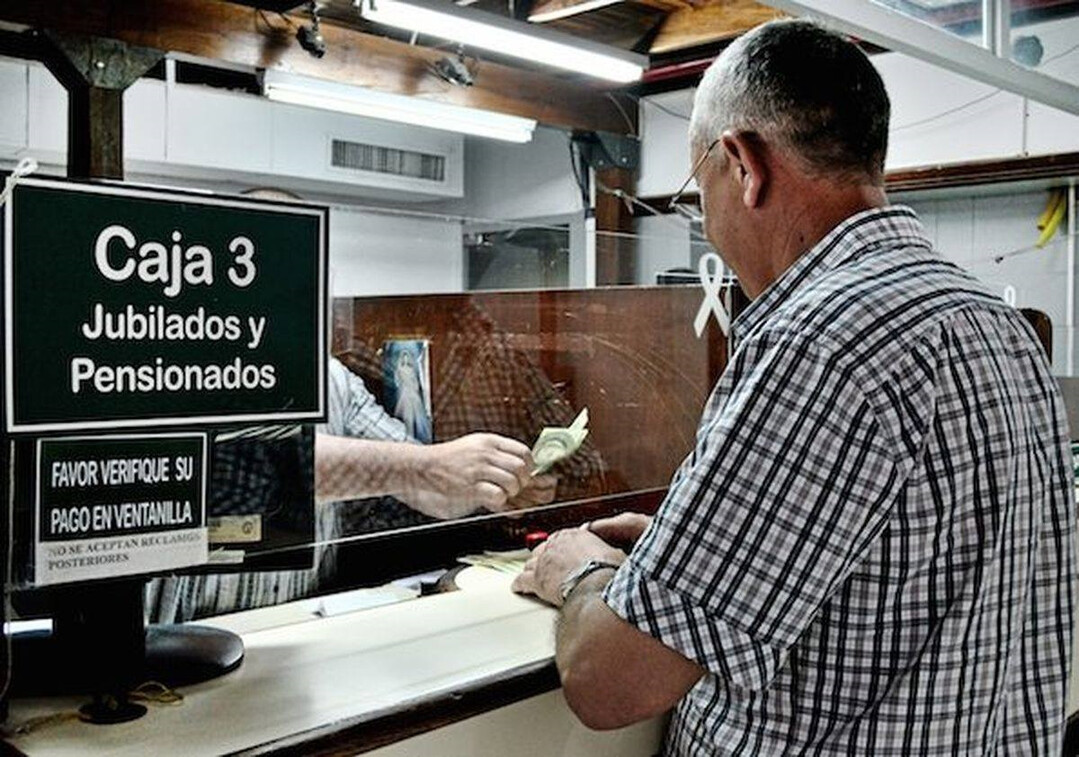
Paraguay's Institute of Social Security (IPS) is facing a crisis of confidence. The institution, responsible for managing the country's social security funds, has been accused of gross mismanagement, nepotism, and a blatant disregard for the well-being of its beneficiaries.
The IPS has come under fire for its lavish spending on administrative staff, particularly high-ranking officials. Despite a severe shortage of essential medical supplies and long waiting times for appointments, the institution allocates over 6 billion guaranies annually to its administrative budget. Shockingly, 35 out of 85 employees at the highest levels hold only high school diplomas, earning salaries that are double those of medical professionals. This gross mismatch between qualifications and remuneration raises serious questions about the efficiency and effectiveness of the IPS.
Moreover, IPS executives enjoy exorbitant salaries, generous benefits, and frequent overseas trips, often at taxpayers' expense. A recent example involves a delegation of IPS officials, including several high school graduates, who traveled to Ciudad del Este for a medical equipment handover ceremony at a cost of 26 million guaranies.
While IPS executives enjoy a lavish lifestyle, the quality of healthcare services provided to the Paraguayan people remains abysmal. Shortages of essential medicines are commonplace, and patients often face lengthy waiting times for appointments. These deficiencies have led to widespread dissatisfaction among beneficiaries.
The problems at IPS are rooted in a complex interplay of factors, including political interference, corruption, and systemic inefficiencies. The practice of appointing individuals with limited qualifications to high-level positions has undermined the institution's capacity to deliver quality services.
It is imperative that the Paraguayan government takes immediate and decisive action to address the crisis at IPS. This includes:
Conducting a thorough audit of the institution's finances to identify and eliminate wasteful spending.
Implementing merit-based hiring practices to ensure that only qualified individuals are appointed to positions of authority.
Increasing transparency in the allocation and use of public funds.
Investing in healthcare infrastructure to improve the quality of services provided to beneficiaries.
The future of Paraguay's social security system hangs in the balance. Unless urgent reforms are implemented, the IPS will continue to fail the very people it is supposed to serve.
[Copyright (c) Global Economic Times. All Rights Reserved.]






























